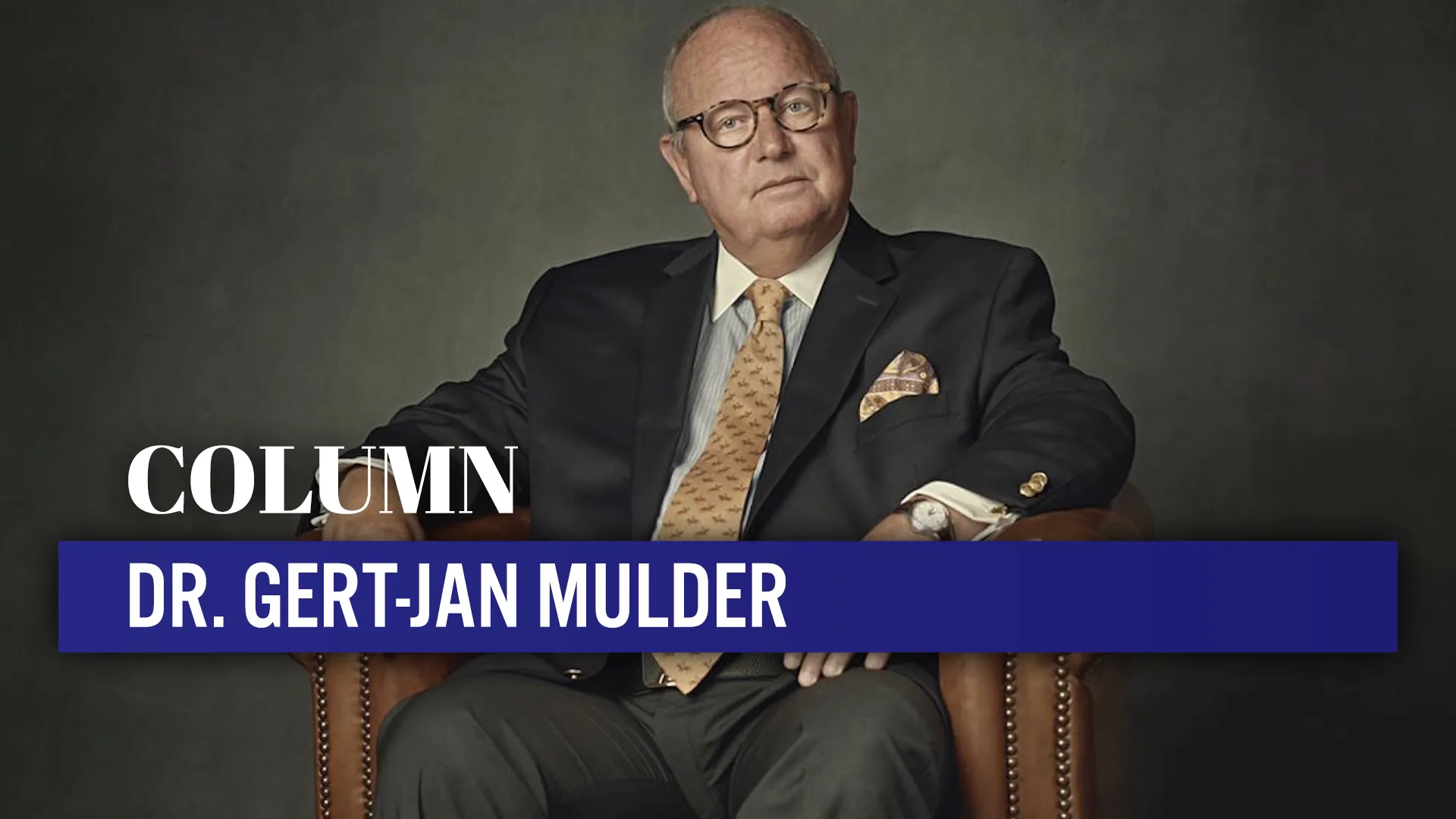Handel in CO2-emissierechten dreigt ten onder te gaan
Reeds eerder schreef ik over de Kafkaëske nachtmerrie van het ETS (het Europese systeem van handel in CO2-emissierechten). Het wordt wel als de belangrijkste pijler van het Europese klimaatbeleid beschouwd. Het was bedoeld om een vermindering van de CO2-uitstoot te bewerkstelligen, die bij het verstoken van fossiele brandstoffen vrij komt. Maar dat is niet gelukt. Maar ook al zou dat wèl zijn gelukt, zou het klimaateffect daarvan nihil zijn geweest, zoals uit modelberekeningen van het VN-klimaatpanel (IPCC) is gebleken. De vraag is derhalve waarom men er destijd überhaupt toe heeft besloten. Het enige antwoord op die vraag is dat de beleidsmakers in de ban waren van de klimaathysterie, gevoed door het VN-klimaatpanel en de miliebeweging.
Onder de titel, 'Europe fights to save cap-and-trade as crisis hits', schrijft Gabrielle Steinhauser:
Europe's main weapon in the battle against climate change is now fighting for its own survival. In early January, investors in the continent's cap-and-trade system still had to pay some 14 ($18.30) for the right to emit one ton of carbon dioxide into the air. By last week, the price of one emission allowance had tumbled to a meager 6.41 making it much cheaper to pollute and slashing the financial incentives for companies to invest in low-carbon technologies.
Analysts warn that the prospect of another recession in the debt-ridden continent, and the accompanying decline in emissions, could push prices below 2 by the end of next month. The troubles in the carbon market, a system being watched closely from California to China, is linked to the struggles of Europe' other ambitious project, the euro. And just as financial investors have looked to the European Central Bank to save the currency through massive intervention in the bond markets, analysts say the emissions market may need similar centralized help.
Last week, 19 companies, including oil giant Royal Dutch Shell PLC, Philips Electronics NV and supermarket chain Tesco PLC, sent a letter to the European Commission urging it to reduce the number of emission allowances in the system and figure out how to protect the market from future economic shocks.
The commission and national governments jointly manage the cap-and-trade system. "The lower price is really undermining the development of technologies that will be needed in the decades to come," said David Hone, Shell's climate change adviser. Shell, which is mostly known for selling oil and gas, has been one of the pioneers of carbon capture and storage, projects in which CO2 emissions are stored underground so they don't get released into the atmosphere and contribute to global warming. But investing in new technologies like carbon capture and storage only becomes commercially viable at a carbon price of between 25 and 30, Hone said. "Over the last few months, we have seen some of these projects disappear," he added.
In October, the U.K. government shut down the carbon capture project in Longannet in eastern Scotland in which Shell was one of the partners. While the prospect of another recession is the main reason for the recent drop in carbon prices, experts say that just like with the euro serious flaws in the system are exacerbating the problems and could lead to its failure if they can't be fixed.
The economic crisis has lowered emissions and thus hit the price of carbon allowances. But the drop has been so dramatic because there were too many allowances in the system to begin with. To get industry and skeptical governments on board, the Commission set a very high cap for emissions when it launched the carbon market in 2005. Since then, most allowances have been given out for free to the 11,000 power stations and factories covered by the system based on their historical emissions.
Companies that emit less carbon dioxide than they are allowed can sell their spare permits to firms that exceed their limit. As of next year, airlines will also be included in the system. But the big test for Europe's carbon market and whether it can provide the financial incentives for cutting emissions will come in 2013, when governments start selling a growing number of allowances at auctions. It is before then that the Commission has to intervene, say the companies that wrote last week's letters. There are signs that their calls are being heard.
Zal dat inderdaad gebeuren?
On Tuesday, the environment committee of the European Parliament voted to withdraw some 1.4 billion allowances, about 15 percent of the total, from the carbon market between 2013 and 2020. At the same time, the committee said, the annual cap should be cut by 2.25 percent per year, rather than the 1.74 percent currently planned.
Maar die commissie bestaat natuurlijk uit de meest klimaatgeïndoctrineerde Europarlementariërs. Zal hun aanbeveling ook werkelijk worden overgenomen? Moeten we onze economie in het huidige tijdsgewricht van crisis nu ècht nog verder belasten met deze onzin die geen enkel zinvol doel dient?
While the committee vote is the first step in a long process of changing the system and few industry watchers expect the figures to survive negotiations among EU states trying to protect their national industries, it caused carbon prices to jump more than 18 percent. "It opens up a much deeper discussion about what does the intervention look like and when is it going to happen," says Sanjeev Kumar, an expert on carbon trading at environmental watchdog E3G in Brussels. "Without intervention," warned Kumar, "not only the ETS is over, but Europe's climate policy is over. It will put Europe back into the dark ages."
Deze uitspraak doet sterk denken aan de opvattingen van types die Alice in Wonderland tegenkwam. Maar als de EU het niet doet, dreigen de toekomstige belastinginkomsten te verminderen.
Apart from failing to encourage the necessary cuts in emissions and technological innovation, the collapse in the carbon price could also worsen Europe's debt crisis. Between 2013 and 2020, when companies have to pay for more and more of their allowances, the cap-and-tade system could raise as much as 190 billion for governments across the EU if prices recover. "This is a pretty important revenue stream for most member states," says Rob Elsworth, of climate campaign group Sandbag in London. "And they are watching revenues just disappear." Experts like Kumar and Elsworth are hopeful that states will garner the political will to save the carbon trading system, which has pioneered the market-based approach to saving the environment. "If you take away this green-economy narrative," asked Elsworth, "what's really left of Europe?"
Lees verder hier.
Deze lieden hebben er niets van begrepen. De Europese gemeenschappelijke markt blijft een belangrijke verworvenheid, waar alle lidstaten van profiteren, in het bijzonder de kleinere exportafhankelijke lidstaten zoals Nederland. Het ETS kan echter worden gemist als kiespijn. Het had er nooit mogen komen. We moeten niet vergeten dat het uiteindelijk is gebaseerd op gemanipuleerde wetenschap, zoals Climategate II weer eens heeft bevestigd.
Voor mijn eerdere DDS-bijdragen, zie:
http://www.dagelijksestandaard.nl/users/hans-labohm/track
Ga verder met lezen
Dit vind je misschien ook leuk
Laat mensen jouw mening weten


